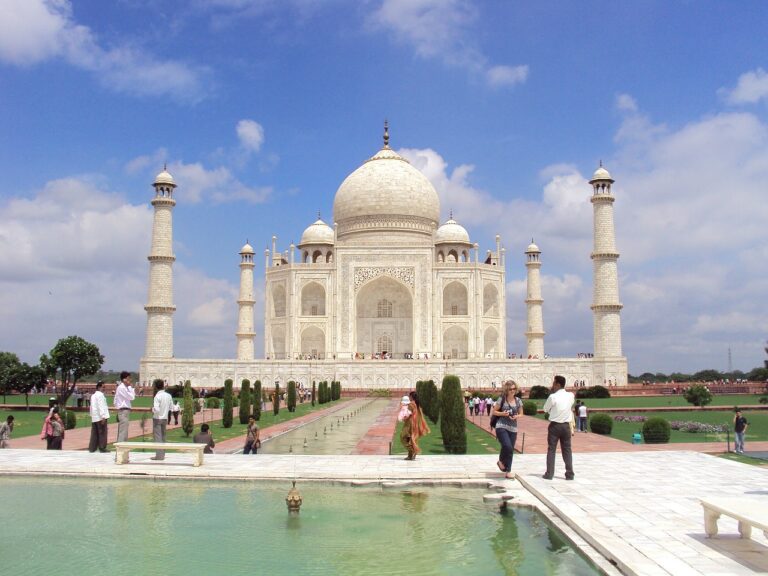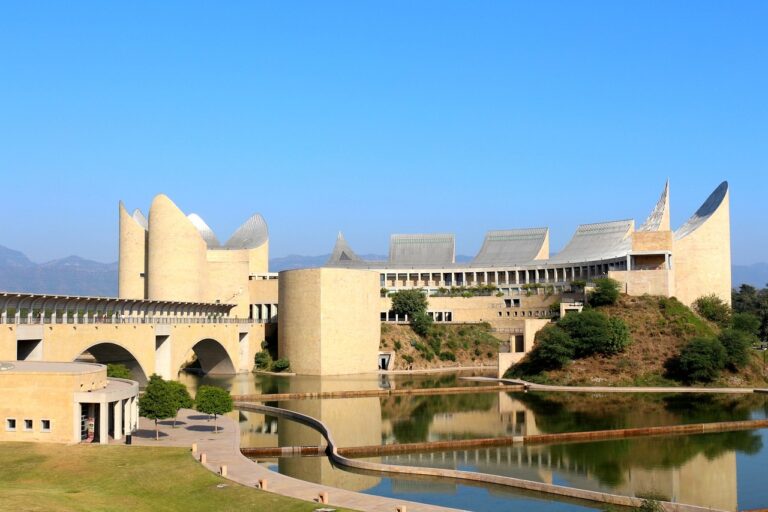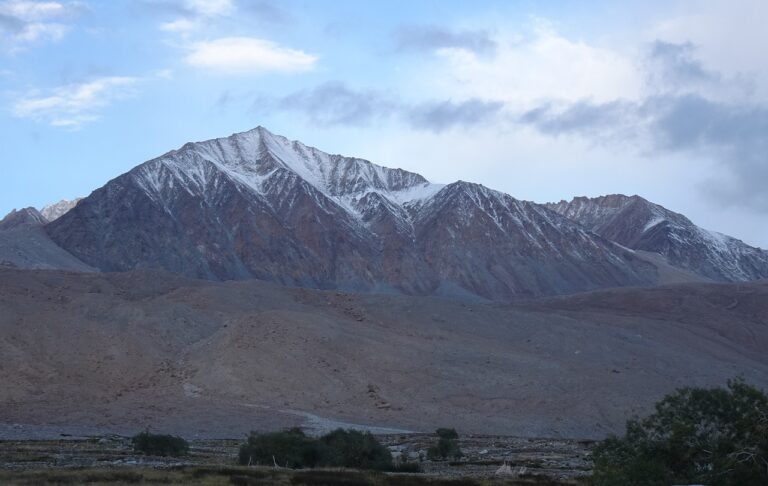Exploring the Role of Political Polarization in Electoral Campaigns: Betbhai com whatsapp number, Playexch, Lotus365 in login password
betbhai com whatsapp number, playexch, lotus365 in login password: In today’s political landscape, one of the most prevalent and divisive factors is political polarization. This phenomenon refers to the increasing divergence of ideological viewpoints between individuals and groups. This polarization often manifests itself in electoral campaigns and plays a significant role in shaping the outcomes of elections.
The Role of Political Polarization in Electoral Campaigns
1. Inflamed Rhetoric
Political polarization fuels inflamed rhetoric in electoral campaigns. Candidates often resort to extreme language to rally their base and differentiate themselves from their opponents. This can lead to a toxic political environment where constructive dialogue and compromise are sacrificed in favor of scoring political points.
2. Identity Politics
Identity politics, a key component of political polarization, also plays a significant role in electoral campaigns. Candidates often appeal to specific demographic groups based on identity markers such as race, gender, or religion. This can further deepen divisions within society and contribute to the polarization of the electorate.
3. Echo Chambers
Political polarization is exacerbated by the presence of echo chambers in electoral campaigns. With the rise of social media and personalized news feeds, individuals are increasingly exposed to information that reinforces their existing beliefs and biases. This can create a distorted view of reality and make it difficult for voters to engage with differing perspectives.
4. Divisive Campaign Strategies
Candidates often employ divisive campaign strategies to mobilize their base and attract undecided voters. This can include focusing on hot-button issues that appeal to specific segments of the electorate or attacking opponents with negative ads. While these tactics may be effective in the short term, they can contribute to a polarized political climate in the long run.
5. Policy Gridlock
Political polarization can also lead to policy gridlock in electoral campaigns. When political parties are unwilling to compromise or work together, it becomes challenging to pass legislation and address pressing issues. This can disenfranchise voters and erode trust in the political system.
6. Growing Partisanship
Political polarization in electoral campaigns is fueled by growing partisanship among voters. Individuals are increasingly identifying with a particular political party and viewing politics through a partisan lens. This can create a “us vs. them” mentality that reinforces divisions and makes it difficult to find common ground.
FAQs
Q: How can we reduce political polarization in electoral campaigns?
A: One way to reduce political polarization is to promote civil discourse and respectful dialogue among candidates and voters. Encouraging empathy and understanding for different perspectives can help bridge the divide and foster a more inclusive political environment.
Q: What role does the media play in political polarization?
A: The media plays a significant role in shaping political polarization through the coverage of electoral campaigns. Biased reporting, sensationalism, and echo chambers can all contribute to the spread of misinformation and deepen divisions within society.
Q: Can electoral reform help mitigate political polarization?
A: Electoral reform, such as implementing ranked-choice voting or redistricting reform, can help mitigate political polarization by promoting a more representative and inclusive electoral system. By ensuring that all voices are heard and all votes count, electoral reform can help reduce the influence of polarization on electoral campaigns.
In conclusion, political polarization plays a significant role in shaping electoral campaigns. By understanding the impact of polarization on campaign dynamics, voters can make more informed decisions and engage in constructive dialogue to bridge the divide. It is essential for candidates, media outlets, and voters to work towards fostering a more inclusive and collaborative political environment for the benefit of society as a whole.







